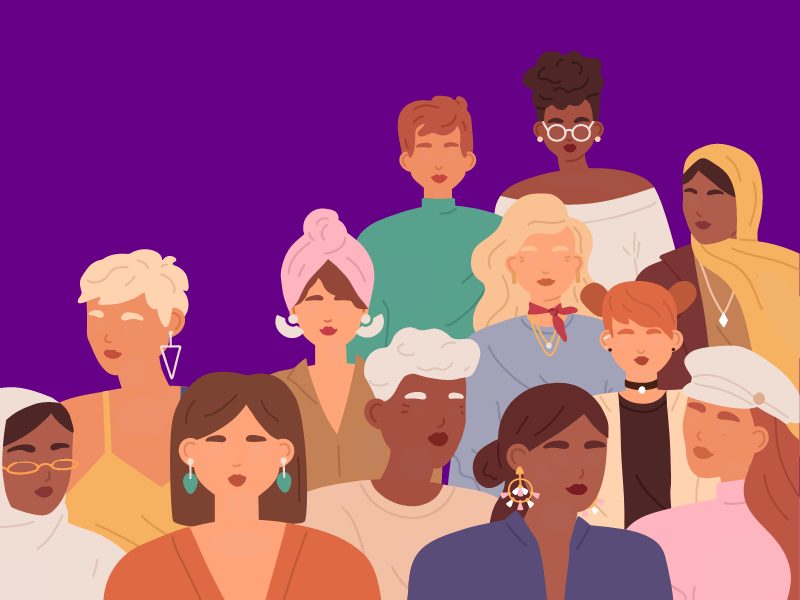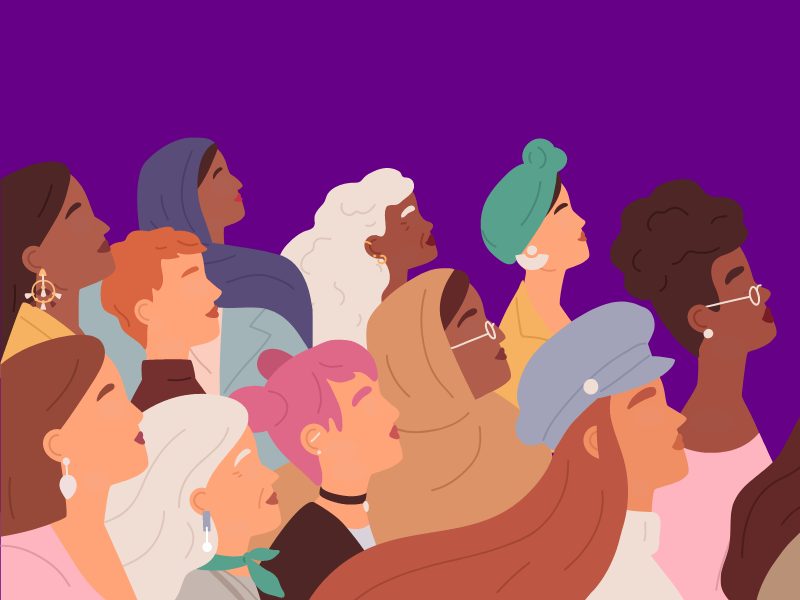Preventing VAWDASV doesn’t happen overnight. Here is how we made progress in 2022-23:
- We challenged harmful norms and shaping public conversations about VAWDASV.
- We changed how communities and professionals respond to survivors and perpetrators.
- We championed trauma-informed specialist support for children and young people.
Shaping public conversations
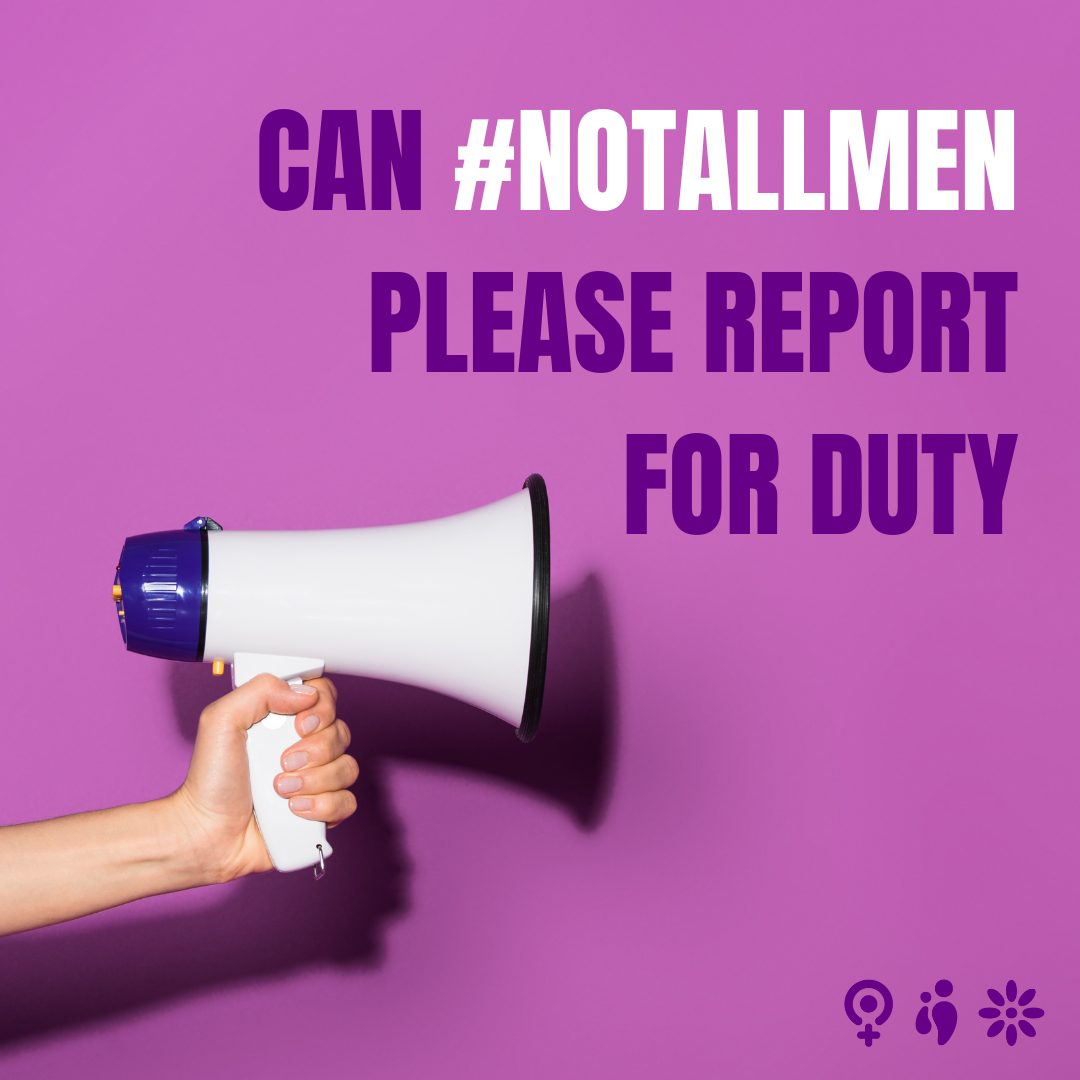
Our powerful social media campaigns continue to be a vital tool for us to challenge the narrative and raise awareness of issues surrounding VAWDASV.
This year we have taken the lead in several campaigns to drive conversations and advocate for survivors. These have included our ‘Maybe she’s just not that into you’ campaign focusing on public sexual harassment and our ‘16 Days of Activism’ campaign that shines a spotlight on the global issue of gendered violence, concluding with ‘The Big Give Christmas Challenge’.
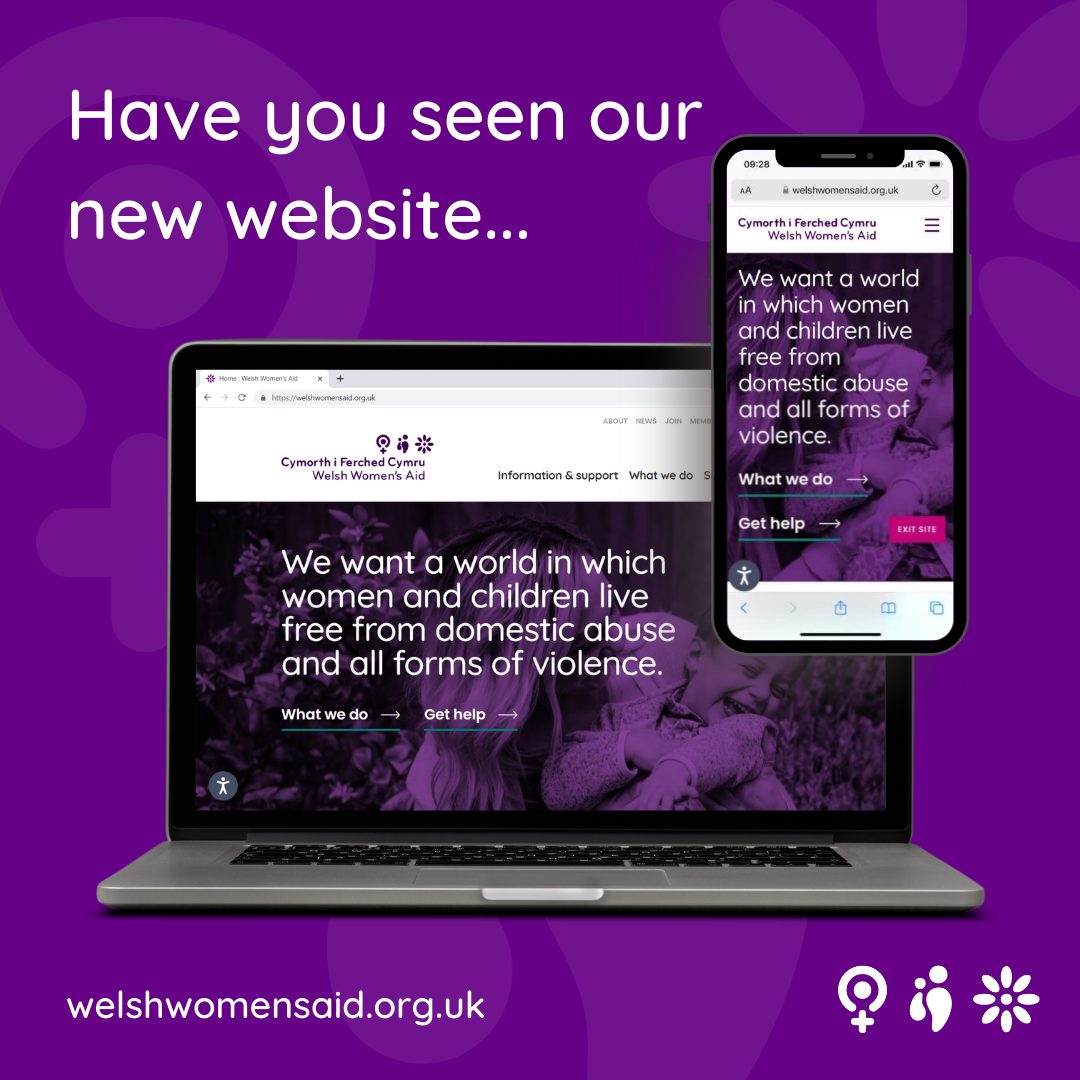
We never underestimate the importance of reaching as many people as possible. This is why in 2022/23, we continued to reach out further and further, with high online engagement across our social media accounts including:
- 12% increase in Facebook likes.
- 8% increase in Instagram followers.
- 4% increase in X (Twitter) followers.
On top of this, we launched our new website in September 2022, plus multiple new microsites for survivors, training, members and more.
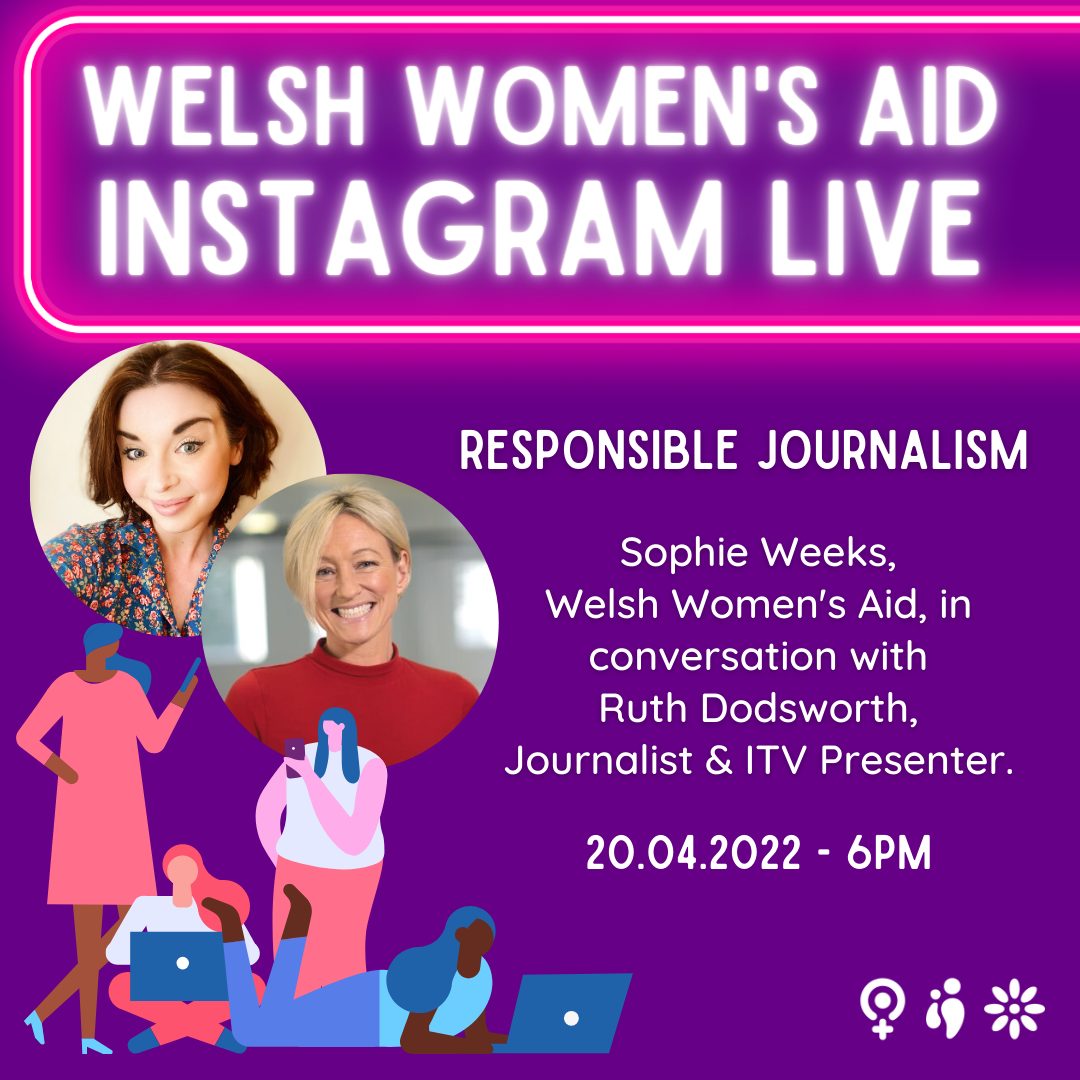
Throughout this year, we have sustained our feminist interview Instagram Live series, shedding light on a number of different areas. Some highlights have been:
- Ruth Dodsworth and Sophie Weeks. Responsible Journalism.
- Dr Fiona Vera-Grey and Sara Kirkpatrick. Women’s Safety: Who’s responsibility is it?
- Wanjiku Mbugua-Ngotho (BAWSO) and Sara Kirkpatrick. No Recourse to Public Funds
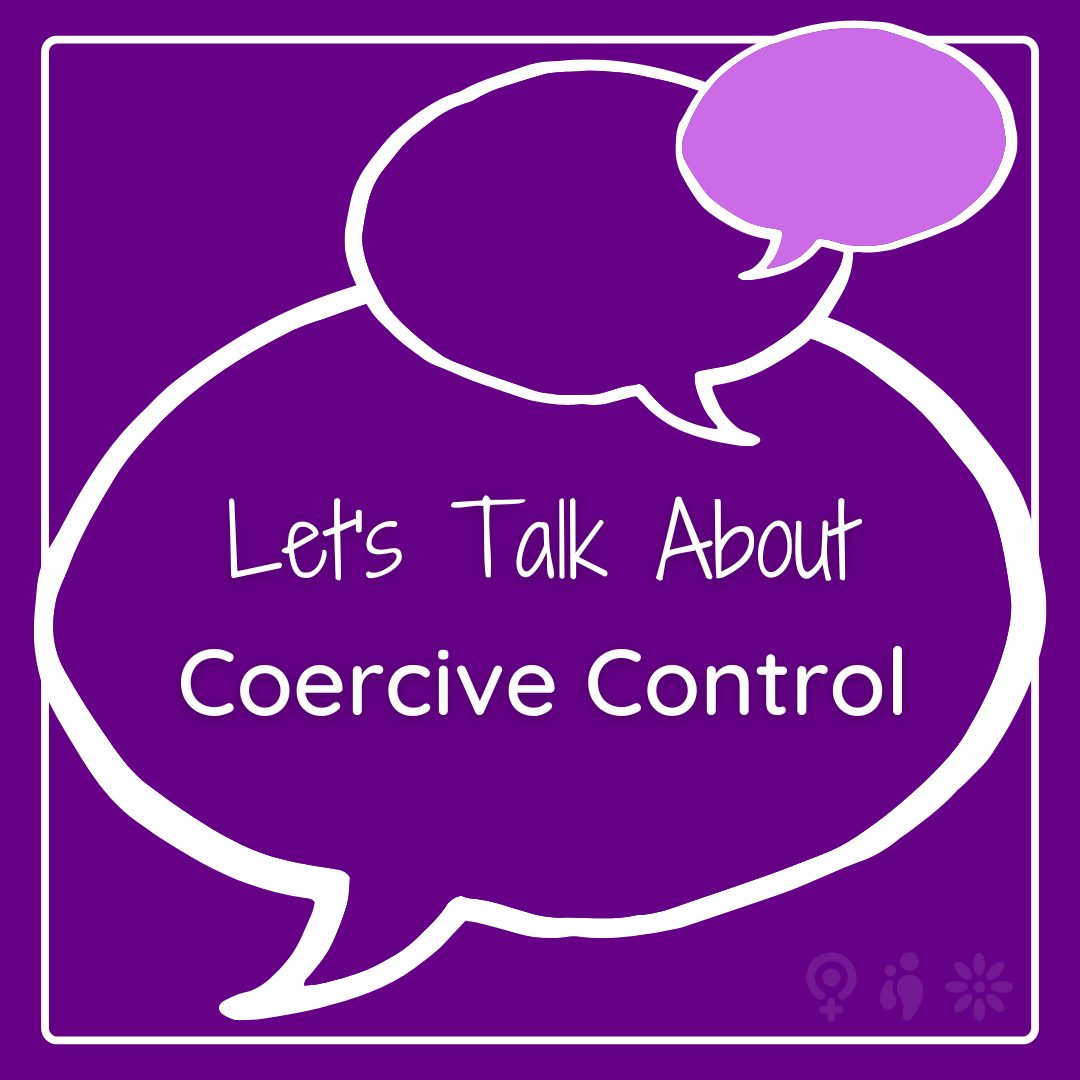
In 2022/23 we produced multiple accessible infographics for our ‘Let’s Talk About…’ series. This is where we clarify VAWDASV terminology and debunk misconceptions, as well as discussing topics that people may not know enough about. These were on:
- Mental Health and Violence against Women and Girls
- Women’s Rights in Qatar
- Coercive Control
- Perfect Victim Myth
Changing the response to VAWDASV
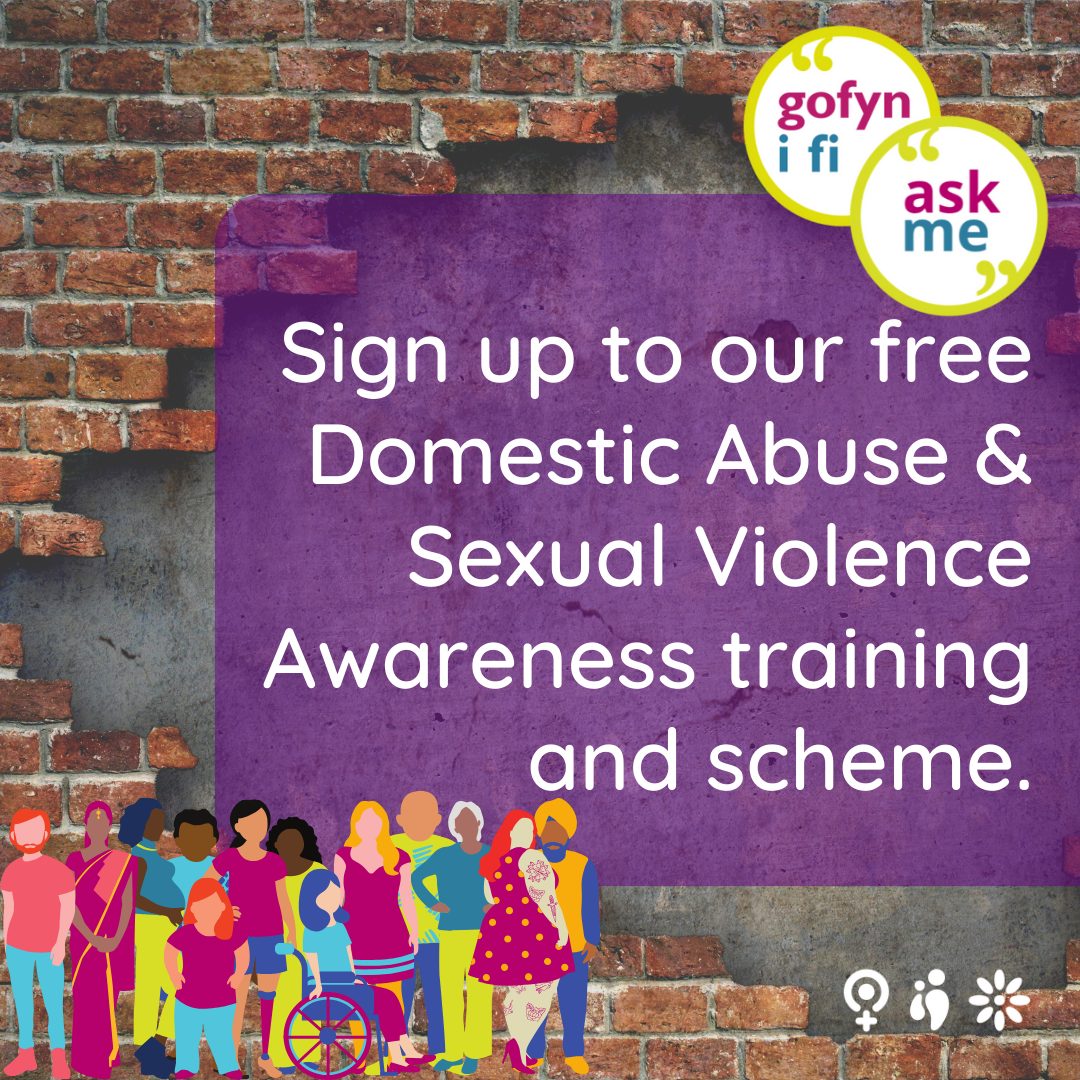
Following on from our development of the Change That Lasts model last year, we have made it our priority to focus on one for the core tenets within it; raising community awareness. We achieve this through our Ask Me project, where we aim to train a community of ‘Ask Me’ members who can signpost survivors and challenge any harmful myths about VAWDASV.
In 2022/23 we trained 100 Ask Me community members from across Wales, we signposted 233 survivors, spoke to 1,006 community members and reached 7,437 people on social media during this year, as well as organised 9 events within the Ask Me community.

We want to ensure that all voices are heard and that every perspective is valued and respected, which is why, at the beginning of this year, we published our Inclusivity and Ask Me consultation report. Our report highlighted the ways that our Ask Me training could become more inclusive, while identifying barriers to participation. It concluded with five main action points:
- Ensure that Ask Me training materials include the experiences of Deaf, BME, and Trans survivors.
- Ensure that Deaf, BME, and Trans communities can take part in the Ask Me scheme.
- Develop trusting relationships with marginalized communities.
- Promote understanding and awareness of diverse survivor needs within WWA and with others.
- Ensure that research is community-led.
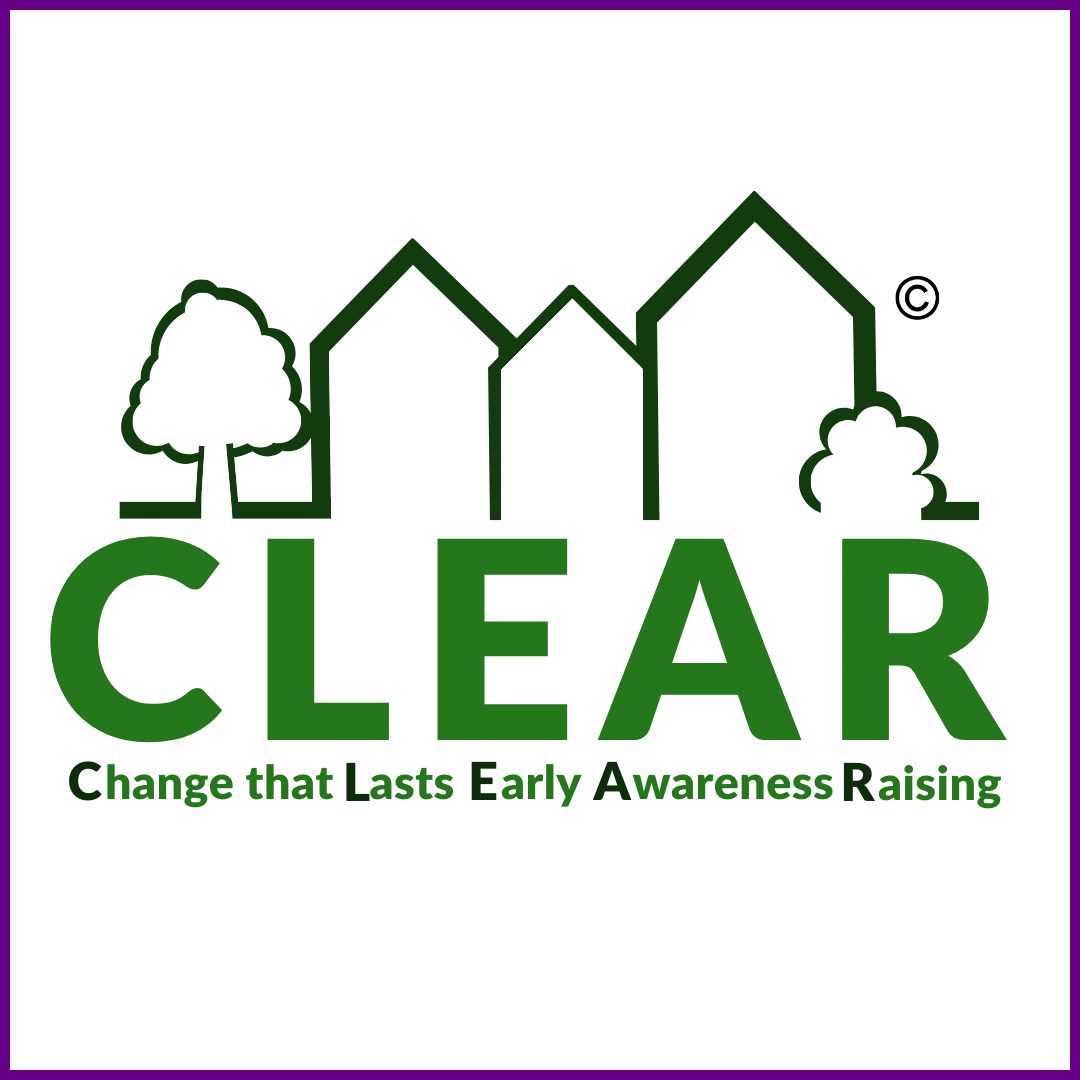
Our Change That Lasts model recognises that the early identification of perpetrators is key to preventing abuse. This year, we have been working in partnership with Respect to develop CLEAR (Change That Lasts Early Awareness Raising), a program for men who are concerned about their attitudes and actions towards women.
It aims to support men to identify their abusive behaviour and engage with a behaviour change intervention, as well as signposting to any appropriate other support channels. 47 referrals were accepted for this program, with 29 men having completed the awareness raising course so far this year.
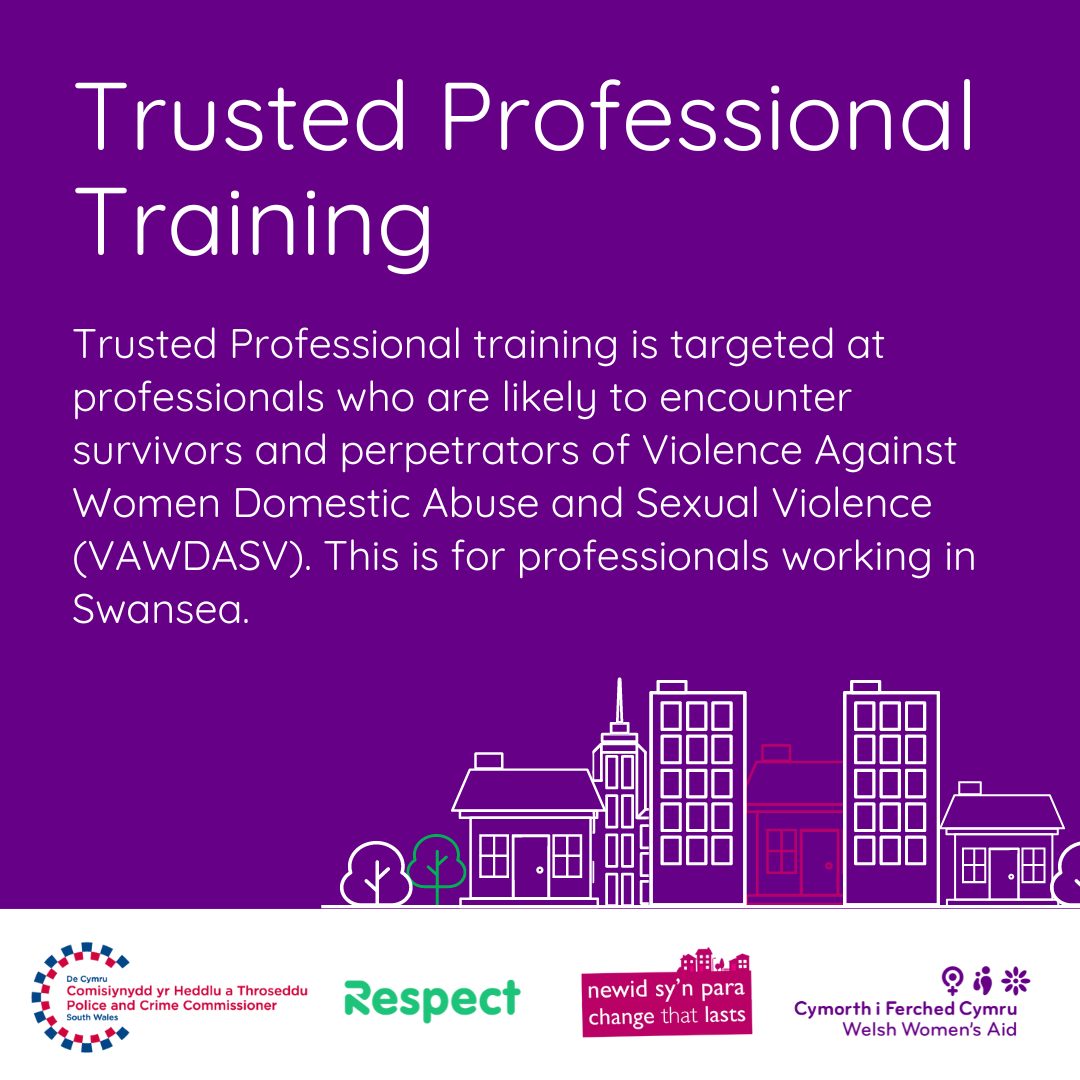
The way professionals respond to situations of abuse can make a crucial difference to survivors. Our Trusted Professionals course can equip individuals in places where disclosures are common, with the knowledge to identify and respond to these situations in a safe and empathetic manner. This year, we ran 15 Trusted Professional events, with over 115 delegates attending from both public and third sectors from across the South Wales area. Over 90 professionals provided feedback for us:
- 100% said that they know how to respond to a survivor.
- 93% felt that they could recognise when someone is experiencing abuse.
- 99% said that they knew where to refer a potential survivor to.
Improving support for young people
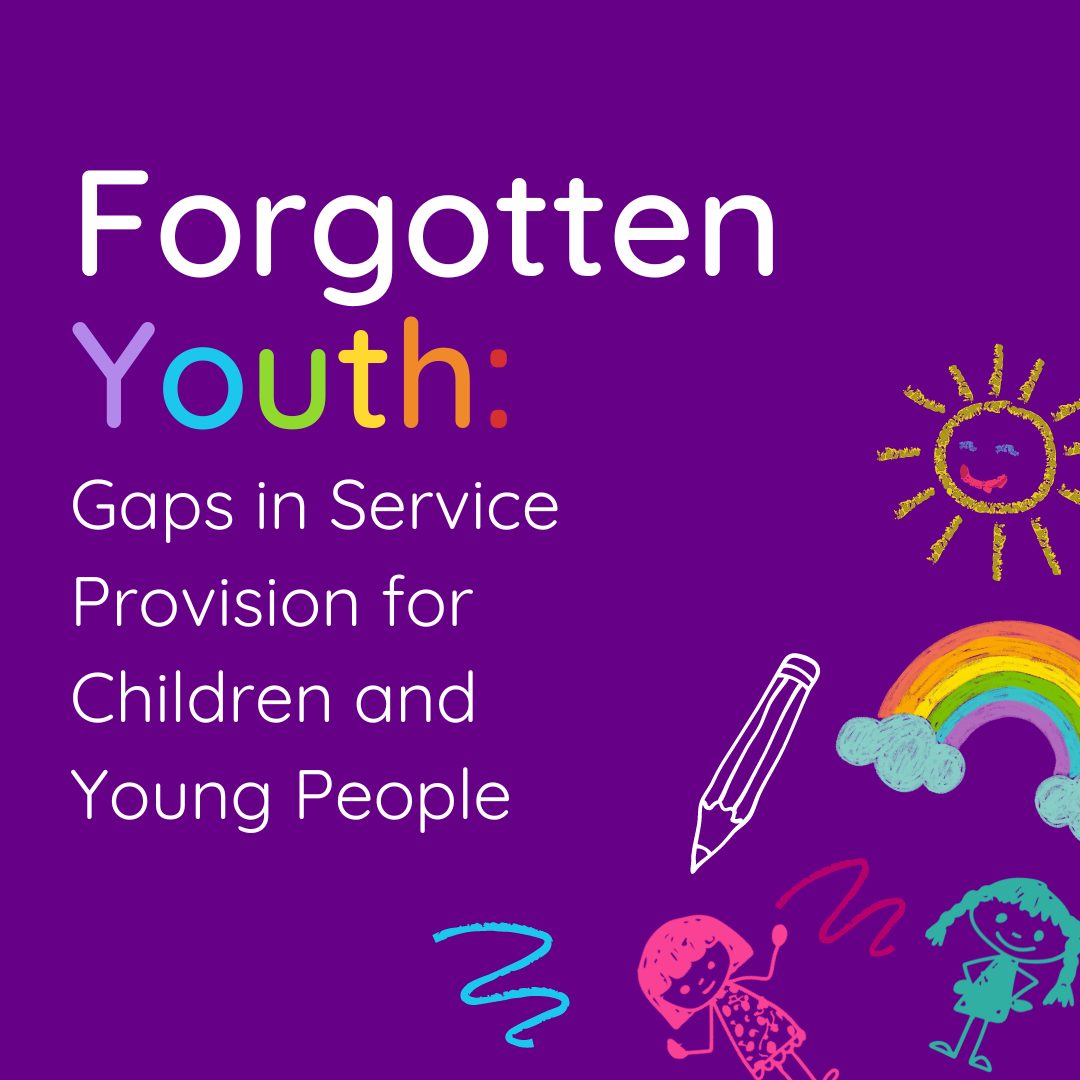
Children and young people deserve services that are tailored to their experiences of VAWDASV, as we recognise the unique challenges they might face0
In 2022/23, we interviewed CYP workers to understand the gaps in provision for younger people. This culminated in the publication of our ‘Forgotten Youth: Gaps in Service Provision for Children and Young People’ report, which highlighted how children and young people who may require specialist services often face barriers that inhibit their access to it.
Recommendations were put forward to enhance the Change That Lasts model concerning younger individuals, such as incorporating more ad hoc workshops within educational settings and providing further training amongst CYP professionals.
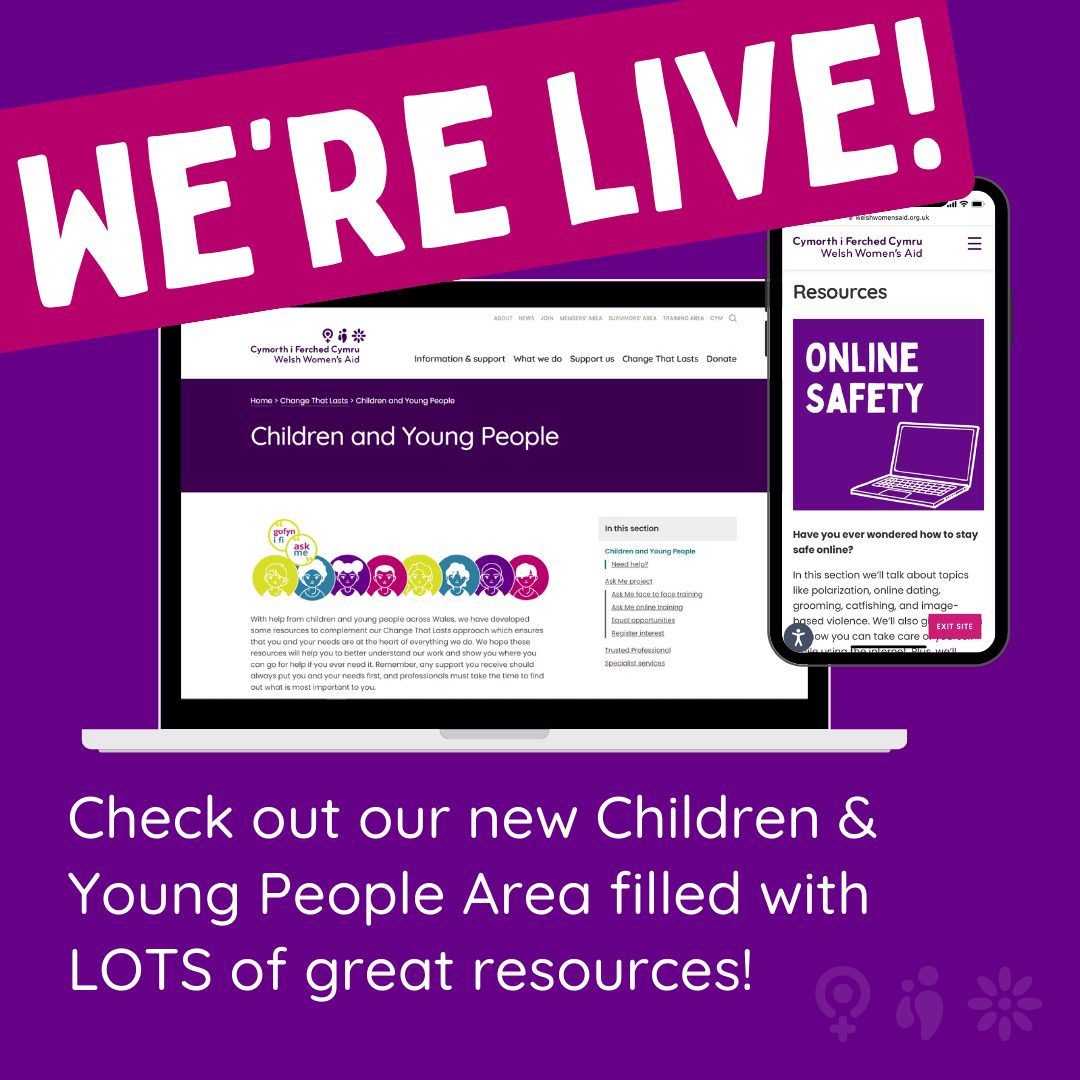
Expanding on these discoveries, this year we have made it our priority to further include children and young people in the work that we do.
We have launched a project to continue to explore the role of children affected by domestic abuse, as well as extended our Ask Me program with a new role within WWA aimed at co-ordinating Ask Me in relation to young people.
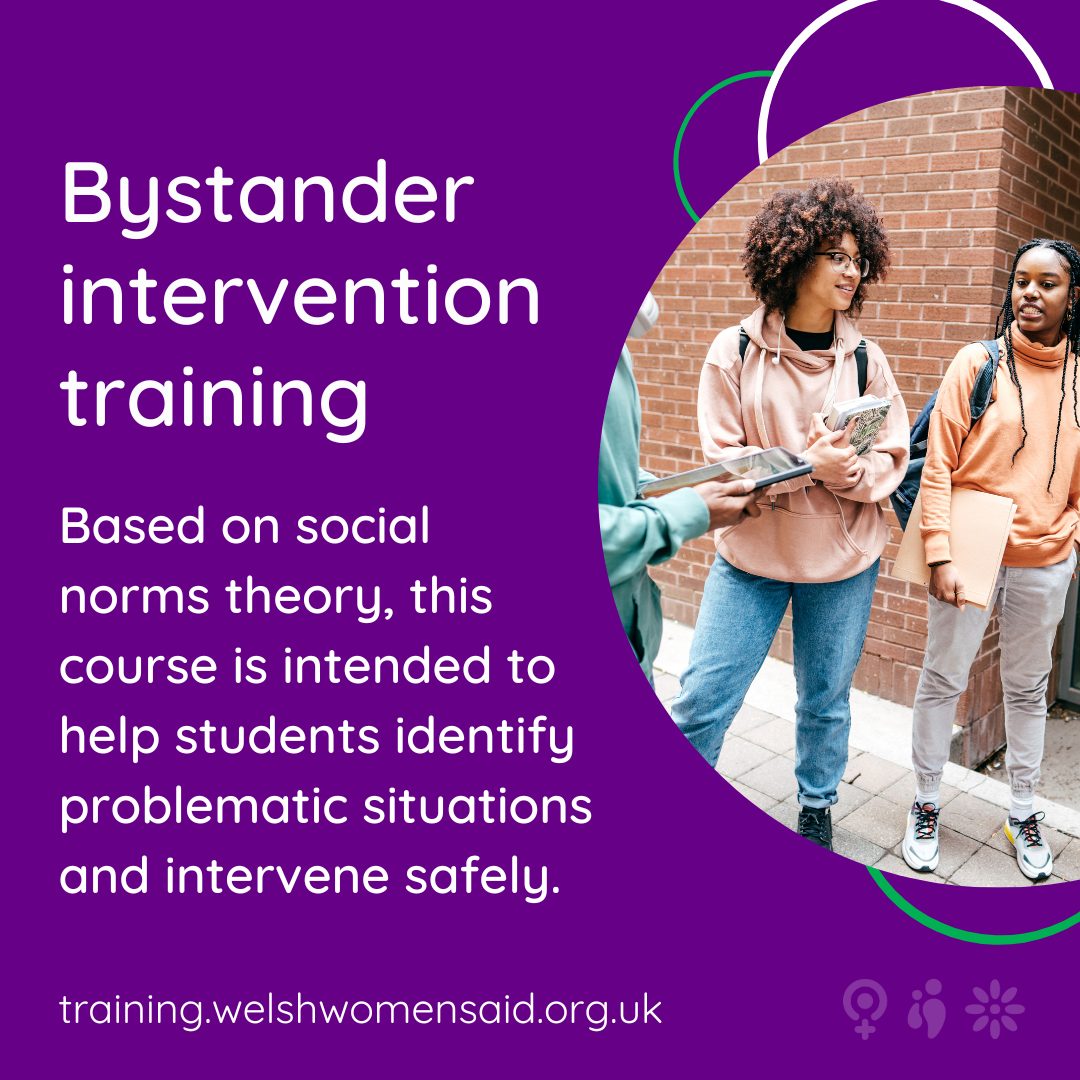
Community action is essential to preventing VAWDASV. Our Bystander Intervention Initiative equips individuals with the skills to identify potential problematic situations and take action safely. This means that learners feel empowered to assume responsibility and intervene proactively to stop violence and abuse.
This year we delivered to over 110 university staff and students across Wales, as well as developing our Train the Trainer course to promote the dissemination of these skills.



